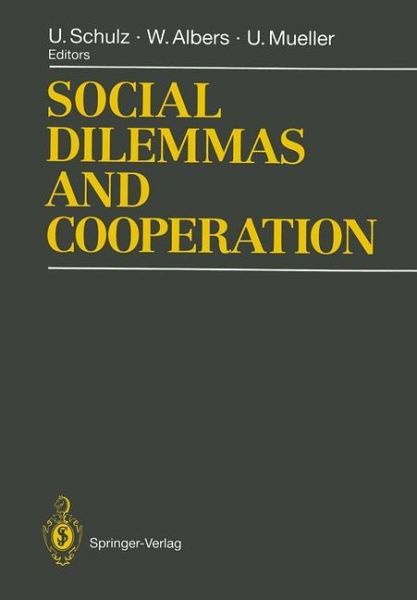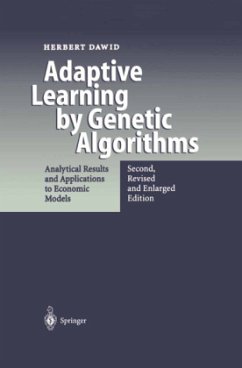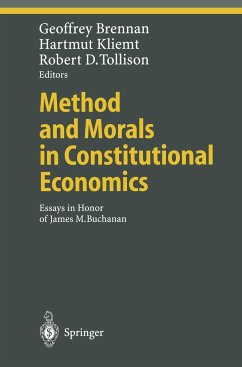
Social Dilemmas and Cooperation
Versandkostenfrei!
Versandfertig in 6-10 Tagen
113,99 €
inkl. MwSt.

PAYBACK Punkte
57 °P sammeln!
A social dilemma is a game which at first glance has only inefficient solutions. If efficient solutions are to be achieved, some kind of cooperation among the players is required. This book asks two basic questions, closely intertwined with each other: 1. How is cooperation possible among rational players in such a social dilemma? Which changes in the social context of a social dilemma situation are necessary in order for players to rationally choose the cooperative option? 2. How do real players actually behave in social dilemma situations? Do they behave "rationally" at all? Or, conversely, ...
A social dilemma is a game which at first glance has only inefficient solutions. If efficient solutions are to be achieved, some kind of cooperation among the players is required. This book asks two basic questions, closely intertwined with each other: 1. How is cooperation possible among rational players in such a social dilemma? Which changes in the social context of a social dilemma situation are necessary in order for players to rationally choose the cooperative option? 2. How do real players actually behave in social dilemma situations? Do they behave "rationally" at all? Or, conversely, what kind of reasoning, attitudes, emotions, etc. shape the behavior of real players in social dilemmas? What kind of interventions, what kind of internal mechanisms within a real group may change players' willingness to cooperate? These two general questions mark the broad spectrum of the problem which has been, over the last three decades, investigated in various disciplines, and which hasbrought many new ideas and new observations into the study of the old question of social order in a world of born egoists. Accordingly, this volume contains contributions by biologists, sociologists, political scientists, economists, mathematicians, psychologists, and philosophers.












